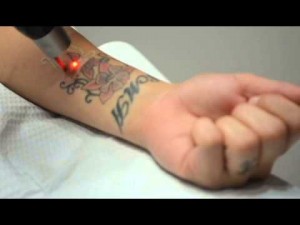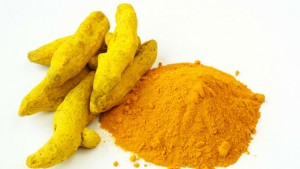“According to a preliminary report on the VRC 207 trial, which tested the safety and efficacy of the vaccine in 20 healthy adults at the NIH Clinical Center in Bethesda, MD , an experimental Ebola vaccine in humans shows that it appears safe, produces an immune response and is well tolerated, prompting support for its development to be fast-tracked.”
The results of a small trial conducted of the candidate vaccine jointly developed by the National Institute of Allergy and Infectious Diseases (NIAID) – one of the National Institutes of Health (NIH) – and the global health care company GlaxoSmithKline (GSK) is published in the New England Journal of Medicine.
The current situation of the Ebola epidemic in the West Africa which is on an unprecedented scale has prompted intense efforts to develop safe and effective vaccines, not only to help stem the current spread, but also to prevent future outbreaks.
According to the director of NIAID Dr. Anthony S. Fauci there is a continuation in the plans for a larger trail to determine if the vaccine is efficacious in preventing Ebola infection which has now been accelerated based on these positive results from the first human trial of this candidate vaccine.
“The vaccine does not contain Ebola virus and cannot cause Ebola disease”
The vaccine is a mixed culture of a harmless “carrier virus” which causes common cold in chimpanzees but does not cause illness in humans and genetic material from two strains of Ebola virus: the Sudan strain and the Zaire strain.
The trial was conducted on 20 healthy people aged between 18-50, of which 10 people received a low dose, and 10 received a high dose of the vaccine via intramuscular injection. The researchers tested the participants’ blood 2 weeks and 4 weeks later to find out whether the vaccine had caused their immune systems to produce antibodies to Ebola.
It was found that after 4 week point, the participants produced anti-Ebola antibodies and the highest levels of antibodies were found in the volunteers who received the higher dose of vaccine.
Vaccine generated T-cell response
The presence of CD8 T-cells in the blood of two volunteers in the low-dose group and seven in the high-dose group act as the precursors and may play an important part in the immune protection against Ebola as per the researchers.
Lead investigator Julie E. Ledgerwood, a researcher at the NIAID Vaccine Research Center, explained further that:
“We know from previous studies in non-human primates that CD8 T-cells played a crucial role in protecting animals that had been vaccinated with this NIAID/GSK vaccine and then exposed to otherwise lethal amounts of Ebola virus. The size and quality of the CD8 T-cell response we saw in this trial are similar to that observed in non-human primates vaccinated with the candidate vaccine.”
The researchers observed no serious adverse effects of the vaccine in any of the volunteers, although two who had the higher dose did have a short fever the day after receiving the injection.
Trial is a significant development that brings Ebola vaccine ‘one step closer’
The trial results are positive and promising but there are still many questions that need an answer before the vaccine can be considered effective. Since it is still not clear as to what constitutes an effective level of immunity.
About Ruchira Dhoke
A qualified medical microbiologist with an avidity to read enchant a deep passion for creating a good impacting masterpiece with my words .I am very fond of good old English literature and like listening to music and paint in my free time.













